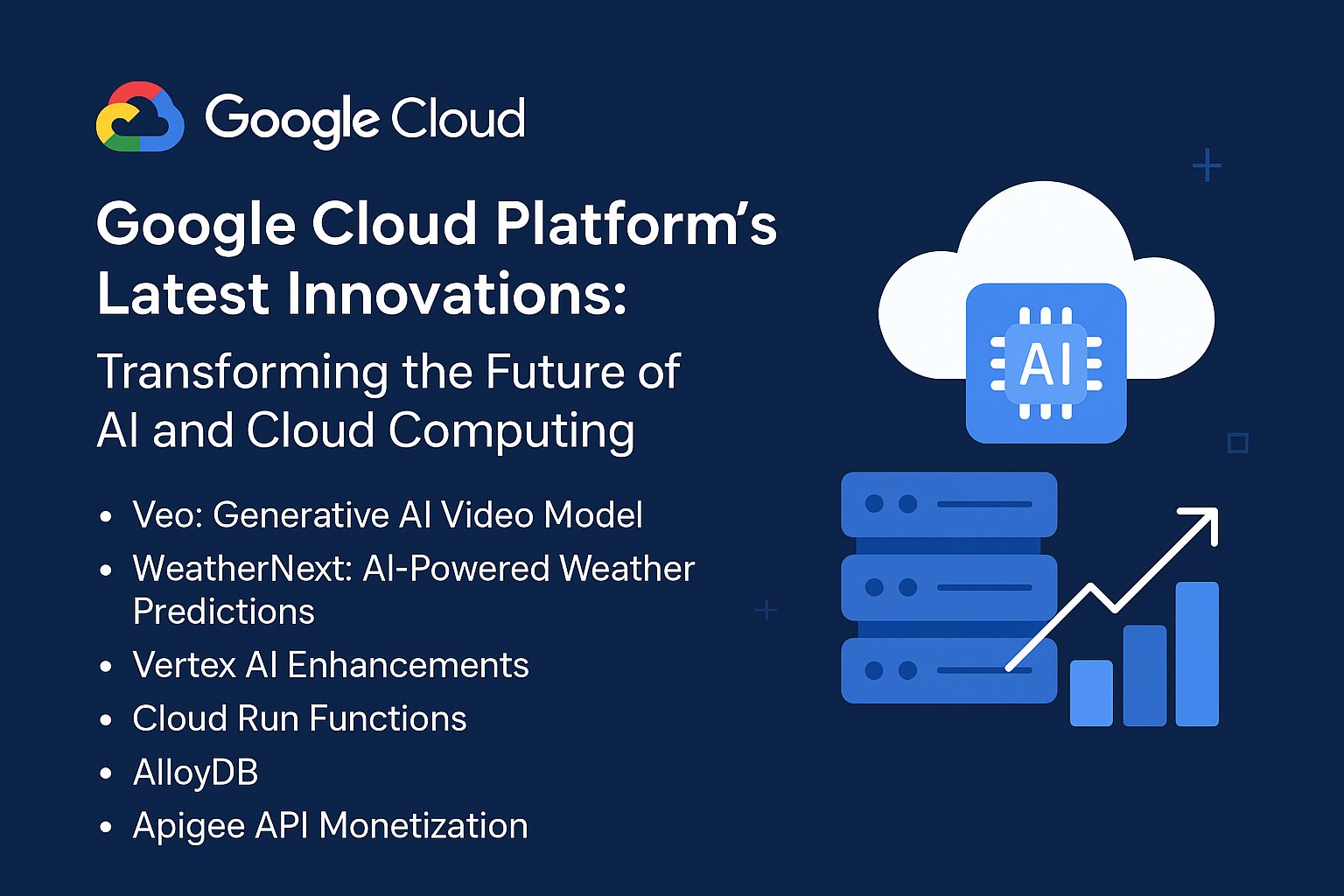Table of Contents:
- Introduction to Big Data and AI in Healthcare
- The Role of Big Data in Healthcare Analytics
- Data Collection and Integration
- Predictive Analytics and Risk Stratification
- The Role of Artificial Intelligence in Healthcare
- Machine Learning and AI Models
- Natural Language Processing (NLP)
- Applications of Big Data and AI in Healthcare
- Clinical Decision Support Systems (CDSS)
- Personalized Medicine and Precision Healthcare
- Remote Monitoring and Wearable Devices
- Challenges and Ethical Considerations
- Data Privacy and Security
- Bias in AI Models
- Future Trends and the Road Ahead
- AI-Driven Drug Discovery
- The Emergence of AI-Powered Diagnostics
- Conclusion
1. Introduction to Big Data and AI in Healthcare
Healthcare is undergoing a transformative shift, and Big Data combined with Artificial Intelligence (AI) is at the forefront of this revolution. Big Data refers to the vast amounts of health-related data generated from various sources such as medical records, patient data, and medical devices. AI, particularly machine learning (ML) and deep learning, enables systems to analyze and derive actionable insights from this data, improving decision-making and patient outcomes.
Resource Links:
2. The Role of Big Data in Healthcare Analytics
Big Data is a game-changer in healthcare analytics because it allows the collection, integration, and analysis of diverse types of data. This includes data from electronic health records (EHRs), wearables, medical imaging, and even social determinants of health.
Data Collection and Integration:
The integration of data from multiple sources allows for a more holistic view of a patient’s health, improving care quality and optimizing resource allocation.
Predictive Analytics and Risk Stratification:
Big Data helps in creating predictive models to anticipate healthcare trends, potential outbreaks, and patient outcomes. It can identify individuals at high risk of developing chronic conditions, enabling early intervention and personalized care plans.
Resource Links:
3. The Role of Artificial Intelligence in Healthcare
AI plays a crucial role in healthcare by leveraging algorithms that can analyze and learn from healthcare data to improve outcomes.
Machine Learning and AI Models:
Machine learning algorithms analyze data to identify patterns and make predictions. For example, AI models can predict disease progression or assist in diagnosing conditions from medical images.
Natural Language Processing (NLP):
NLP enables AI to interpret and analyze unstructured text data, such as doctor’s notes, research papers, and patient feedback, to enhance clinical decision-making.
Resource Links:
4. Applications of Big Data and AI in Healthcare
The combination of Big Data and AI has wide-ranging applications across the healthcare sector.
Clinical Decision Support Systems (CDSS):
AI-powered clinical decision support systems help healthcare providers make informed decisions by offering recommendations based on patient data and clinical guidelines.
Personalized Medicine and Precision Healthcare:
AI and Big Data can tailor treatments to individual patients, considering factors like genetics, environment, and lifestyle, leading to more effective therapies.
Remote Monitoring and Wearable Devices:
Wearables (e.g., fitness trackers, smartwatches) collect real-time data about a patient’s health, which AI algorithms can analyze to detect health issues early, provide alerts, and ensure continuous monitoring.
Resource Links:
5. Challenges and Ethical Considerations
Despite its promise, the integration of AI and Big Data into healthcare presents several challenges, including ethical issues.
Data Privacy and Security:
With vast amounts of sensitive health data being collected, maintaining privacy and ensuring the security of this information is critical. There must be robust measures in place to prevent data breaches and misuse.
Bias in AI Models:
AI models are only as good as the data they are trained on. If the data is biased, the outcomes can perpetuate inequalities in healthcare. It’s essential to ensure diverse, representative datasets to mitigate bias.
Resource Links:
6. Future Trends and the Road Ahead
The future of healthcare analytics is bright, and we can expect more innovations in AI and Big Data to revolutionize the sector.
AI-Driven Drug Discovery:
AI is accelerating drug discovery by predicting which drug formulations might be effective against specific diseases, speeding up research and reducing costs.
The Emergence of AI-Powered Diagnostics:
AI systems are increasingly capable of diagnosing conditions such as cancer, diabetes, and cardiovascular diseases from medical images with accuracy comparable to human specialists.
Resource Links:
7. Conclusion
Big Data and AI are fundamentally changing the way healthcare operates, offering exciting possibilities for improving patient care, efficiency, and overall health outcomes. As technology continues to evolve, the integration of AI and Big Data will become even more seamless, driving innovation and addressing long-standing challenges in healthcare.
Resource Links:
This structure provides a comprehensive view of how Big Data and AI are transforming healthcare analytics, from the fundamentals to real-world applications, challenges, and the future outlook.

